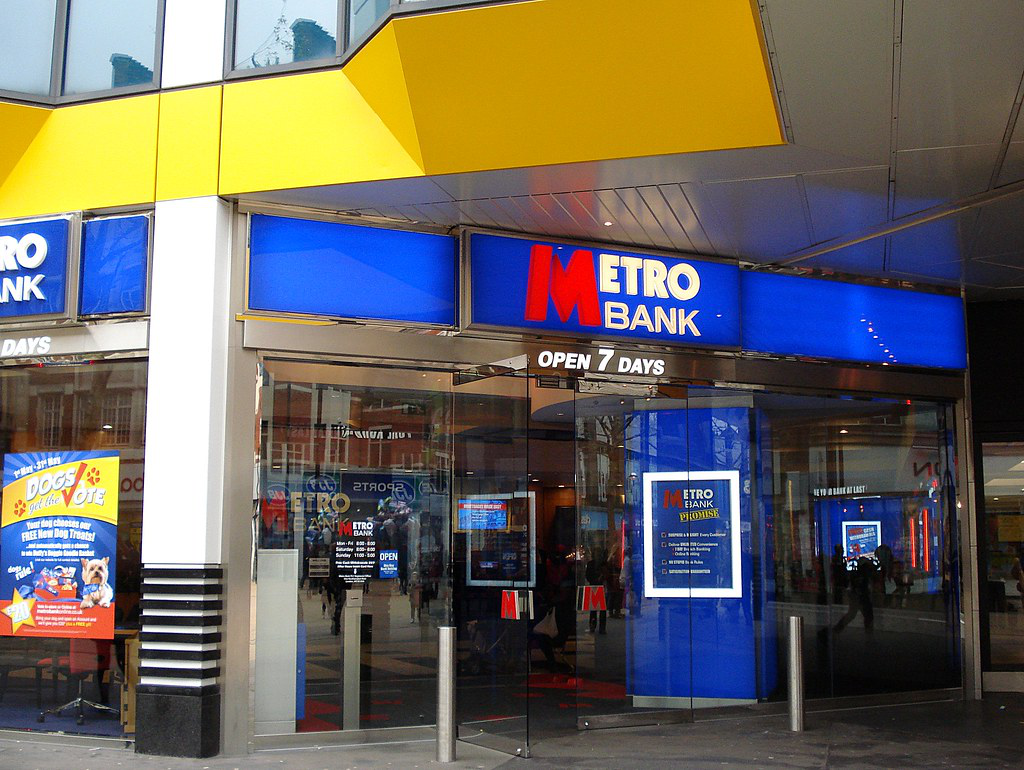On Wednesday, Metro Bank (MTRO.L), a British lender, reported a lower annual loss. The decrease was attributed to its efforts to reduce costs and the stabilization of withdrawals near the end of the year, following an emergency capital infusion.

Since its founding in 2010, the company has encountered a number of difficulties, including accounting problems, leadership changes, and delays in regulatory permission for critical capital relief. Despite these challenges, the company continues to navigate its path forward. After frantic weekend negotiations in the wake of erratic trading, the beleaguered lender worked out a 925 million pound ($1.18 billion) rescue agreement overnight in October to strengthen its balance sheet. Subsequently, the institution faced the challenge of stabilizing its financial standing.
In the months that followed, Metro revealed extensive cost-cutting plans. These plans included the elimination of some of its greatest customer benefits, such as seven-day operation hours, and the layoff of 20% of its workforce.
In addition, last month, Marc Page, an executive at Barclays, was named finance chief. James Hopkinson, who had served in that role for less than two years, had indicated his intention to retire.
In contrast to a loss of 50.6 million pounds the previous year, Metro, founded to challenge the dominance of Britain’s major banks, reported an underlying loss before tax of 16.9 million pounds ($21.62 million). Despite the previous substantial loss, the company’s recent financial report signifies a notable improvement in its fiscal performance.
As of December 31, deposits had increased by 1% from June to 15.62 billion pounds.
Click here for more news on Banking.

